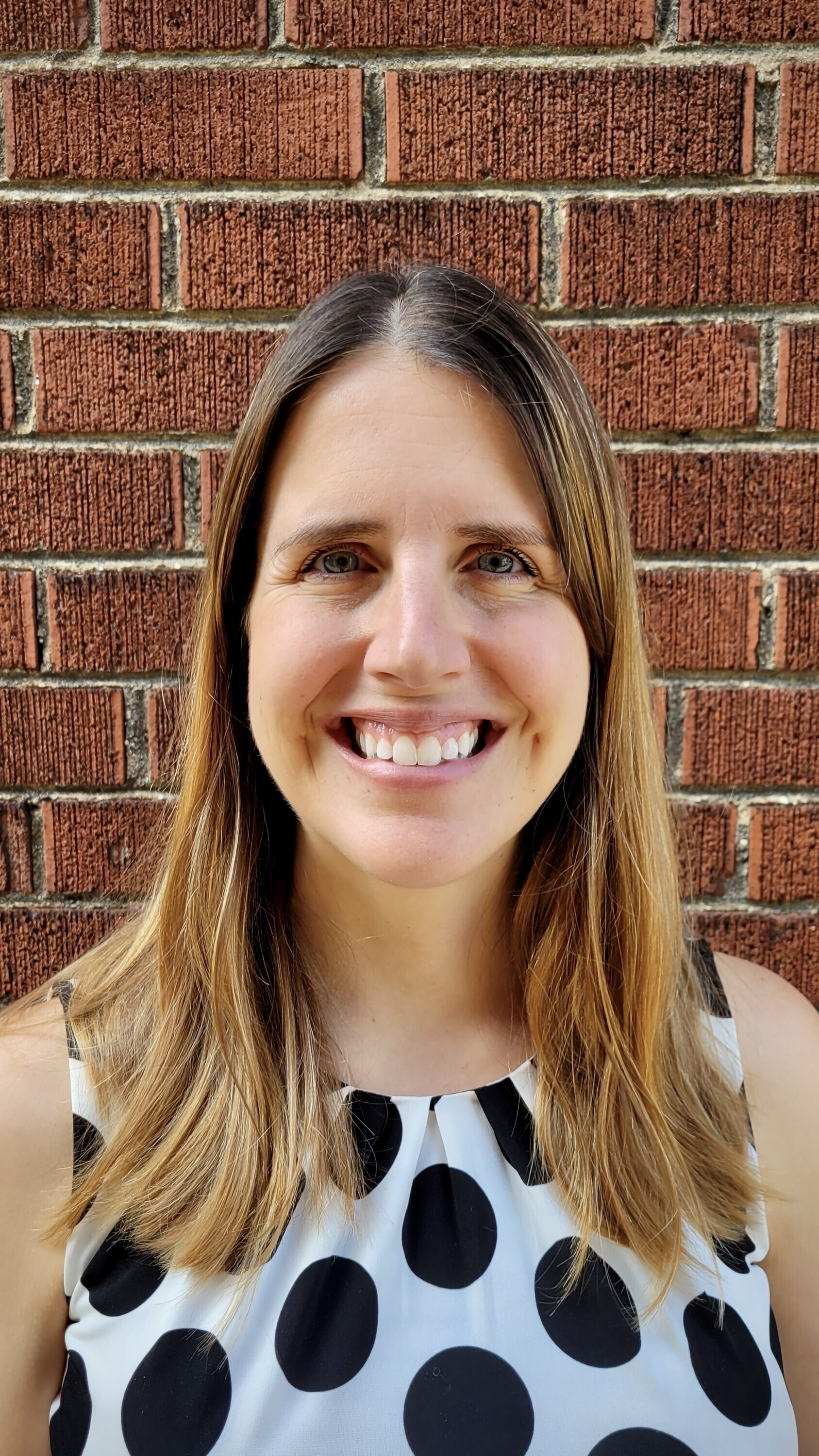
The Department of Pharmacology and Toxicology is pleased to welcome Dr. Meghan Chenoweth, Assistant Professor effective September 1, 2024.
Dr. Meghan Chenoweth is an accomplished pharmacologist with a doctorate from the University of Toronto, where she studied under Dr. Rachel F. Tyndale. She completed her MSc at McMaster University and her BSc at the University of Guelph. Dr. Chenoweth studies the intersections between genetics, sex and gender, substance use, and concurrent psychiatric disorders. Dr. Chenoweth’s office and lab is located at 777 Bay Street.
To get to know Dr. Chenoweth better we asked her the following questions:
What inspired you to pursue this career?
My passion for finding ways to improve human health began at a young age. Growing up in a household of health care professionals, including two UofT grads (my dad: Pharmacy, class of 1964, and my brother: Nursing, class of 2002), family dinners were punctuated by passing around the Merck manual and discussing drug effects. As a high school and early undergraduate student, I had my sights set on a career in medicine but got bit by the research bug while completing my undergraduate research thesis in Pharmacology with Gord Kirby at the University of Guelph. I like to joke that I get my medicine fix through my marriage to Alex and my collaborations with clinician scientists.
As a researcher, I love being able to create new knowledge and discoveries that could have far-reaching impacts on improving health and saving lives. Mentorship is also very important to me- being able to teach and train the next generation of scientists and professionals is extremely rewarding. Watching students have an ‘aha!’ moment, make breakthroughs in their projects, and develop a passion for research is one of the most fulfilling aspects of this career. I am also big on teamwork and collaborative science, and look forward to developing new collaborations with my colleagues in PharmTox, the broader Temerty Faculty of Medicine, and beyond.
I’ve also drawn inspiration from many amazing scientists like my long-standing mentors, Rachel Tyndale and Jo Knight. I’ve always loved science and research, but as a trainee I sometimes put limits on what I thought was possible for myself in this field. In particular, I am forever indebted to Rachel Tyndale who taught me the ropes, dared me to dream big, and showed me what’s possible for a woman in science.
What experiences in the past are you most proud of?
On the professional front, I would have to say being awarded an R21 grant from the US National Institutes of Health. This gave me confidence that my scientific ideas are important and worth pursuing, and I’m thrilled and grateful to be continuing this research study as a new Assistant Prof in PharmTox.
On the personal front, I am proudest of my decision to marry my husband, Alex. Alex is a busy specialist physician who is incredibly supportive of my dreams, and our kid has taught us the importance of work-life balance and caffeine. A fun fact is that Alex and I met at orientation day for new graduate students in UofT Pharmacology back in 2010!
What opportunities excite you most in your field?
The field of human genetics moves very quickly and now over half of newly approved drugs are supported by evidence from human genetics studies. It is also a very collaborative field, built on the principles of team science. Through the efforts of large consortia, we are now reaching the stage where the genomes of hundreds of thousands of participants can be analyzed to find new risk genes and potential treatment targets for thousands of diseases. To keep up with the massive influx of data, new statistical techniques and methods are arising all the time. There is also a big push to study participants of diverse ancestries and understand how genetic information could be used to improve treatment outcomes in these populations. Historically, most genetics research has taken place in European populations, which exacerbates existing health disparities by leaving more vulnerable populations behind.
What impact do you hope to make?
I hope that my discoveries in pharmacogenetics will lead to optimized treatments for an array of human health conditions. Right now, I principally study substance use and other psychiatric disorders. Using a precision medicine lens, we can figure out how to increase the effectiveness of medications while reducing their side effects. Through my studies involving large genomics datasets in hundreds of thousands of participants, I also hope to discover novel drug targets, which could serve as a starting point for the development of new medications in the future. By studying people of diverse ancestries, genders, and those with concurrent diseases, I hope that my work can lead to precision treatments for all.
